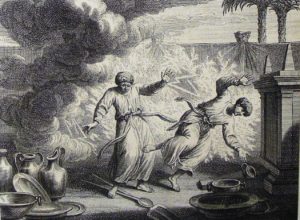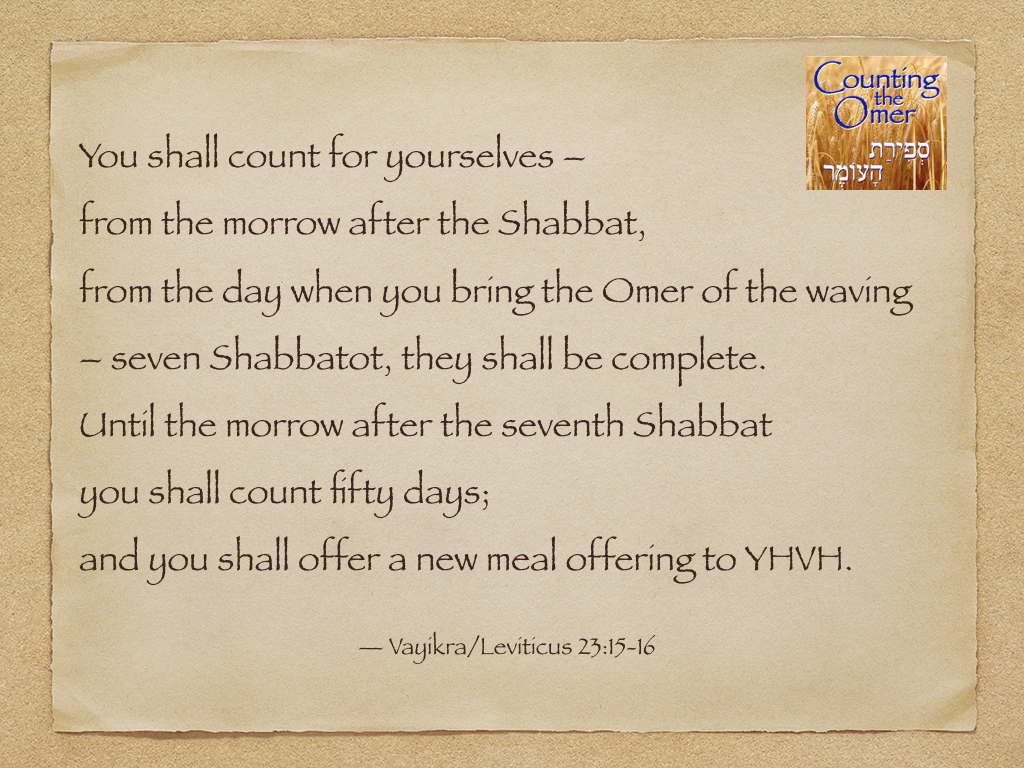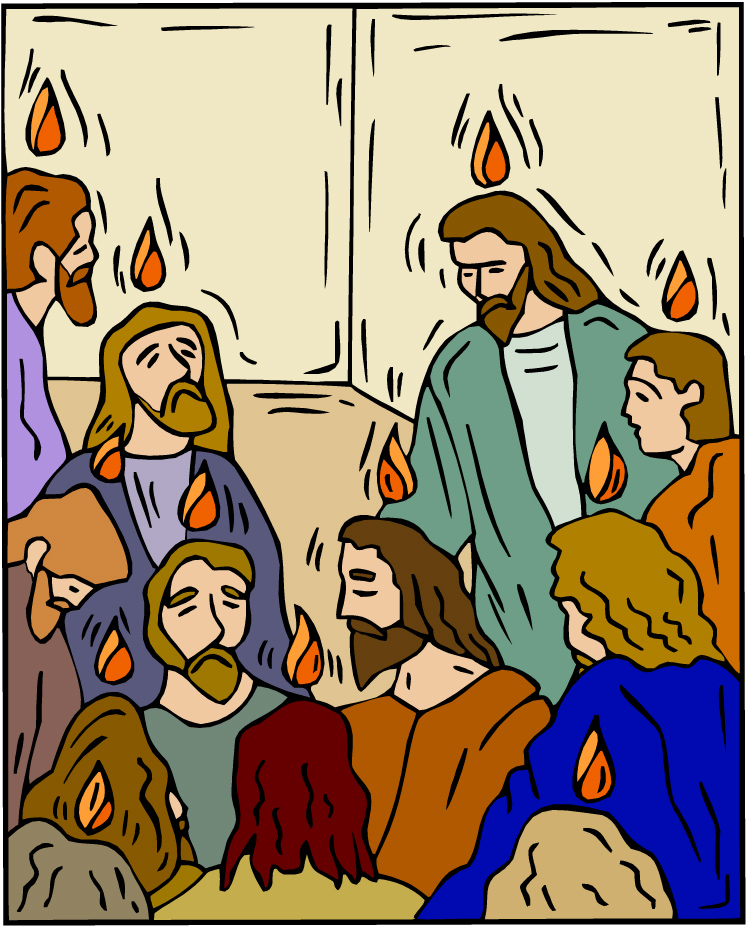
Leviticus 10:1–7, Nadab and Abihu…profane fire.
Nadab and Abihu were executed by the fire of YHVH for not following his commandments. This disobedience was induced by the consumption of alcohol, which impaired their ability to follow YHVH’s protocols for the tabernacle service (Lev 10:9). What can we learn from this tragic story of the disobedience of YHVH’s servants who should have known better, and how will this story repeat itself at the end of this present age upon some of YHVH’s unfaithful servants? We will now discuss the prophetic implications of this story and how history will repeat itself shortly.

Nadab and Abihu were unfaithful to Elohim in that they neglected to take his commandments seriously. Perhaps they thought that his instructions in righteousness didn’t apply to them but to someone else, or that his laws were done away with, or that YHVH Elohim simply didn’t really mean what he said. Whatever the case, they became lukewarm and profaned the holy things of Elohim through their excessive use of alcohol and careless indifference to the Word of Elohim. Because they were in leadership as priests and sons of Aaron the high priest, their example of unrighteousness like a spiritual contagion could have infected the children of Israel and destroyed that new nation at its inception. Therefore, YHVH Elohim had to deal quickly and forcefully with the erring and rebellious sons of Aaron. In answer to their sin of not obeying YHVH’s laws, the holy fire of Elohim came out (presumably from the tabernacle—a picture of Elohim’s heavenly tabernacle and throne room) and killed Nadab and Abihu then and there.
What are the lessons that we can learn from this horrific story, and what are the end time prophetic implications of it?
We learn from the book of Revelation that at end of the Messianic Age (or Millennium) unrepentant sinners will be executed by the fire of YHVH in the lake of fire (Rev 20:15) because they have been made drunk by the false religious teachings of the whore system of religious spiritual Babylon and Satan (Rev 18:3–4).
We are now living in an age where, thankfully, most of our sinful actions are not met with instant divine judgment (the case of Ananias and Sapphira in the Book of Acts would be a notable exception). Does knowing that YHVH will not instantly “zap” us with the proverbial lightning bolt from heaven when we sin cause us to become lax and even calloused toward sin in our lives? Do we truly walk in the fear of YHVH? Do we fear the consequences of sin even though the results may not be immediate? How loose is your spiritual walk? How many hidden sins that no one knows about do you have that you are failing to deal with?
The path of righteousness is becoming narrower and narrower. Moreover, there are levels of rewards in Yeshua’s kingdom. Not everyone will be “the greatest in the kingdom of heaven.” Some will be the least, and many will not even be there at all (Matt 5:19 cp. 1 Pet 4:18). Remember that the tares that were mixed in with the wheat were culled out and burned (Matt 13:24–30). This is a picture of the true versus false converts coexisting in the spiritual body of Yeshua or the church to the very end!
It is time for the people of Elohim to wake up from their spiritual lethargic and drunken stupor, repent of their sin of taking a careless and even indifferent view of YHVH’s commandments.
“And to the angel of the church of the Laodiceans write, ‘These things says the Amen, the Faithful and True Witness, the Beginning of the creation of Elohim: I know your works, that you are neither cold nor hot. I could wish you were cold or hot. So then, because you are lukewarm, and neither cold nor hot, I will vomit you out of My mouth. Because you say, ‘I am rich, have become wealthy, and have need of nothing’—and do not know that you are wretched, miserable, poor, blind, and naked—I counsel you to buy from Me gold refined in the fire, that you may be rich; and white garments, that you may be clothed, that the shame of your nakedness may not be revealed; and anoint your eyes with eye salve, that you may see. As many as I love, I rebuke and chasten. Therefore be zealous and repent. Behold, I stand at the door and knock. If anyone hears My voice and opens the door, I will come in to him and dine with him, and he with Me. (Rev 3:14–20)
And I heard another voice from heaven saying, “Come out of her, my people, lest you share in her sins, and lest you receive of her plagues.” (Rev 18:4)






